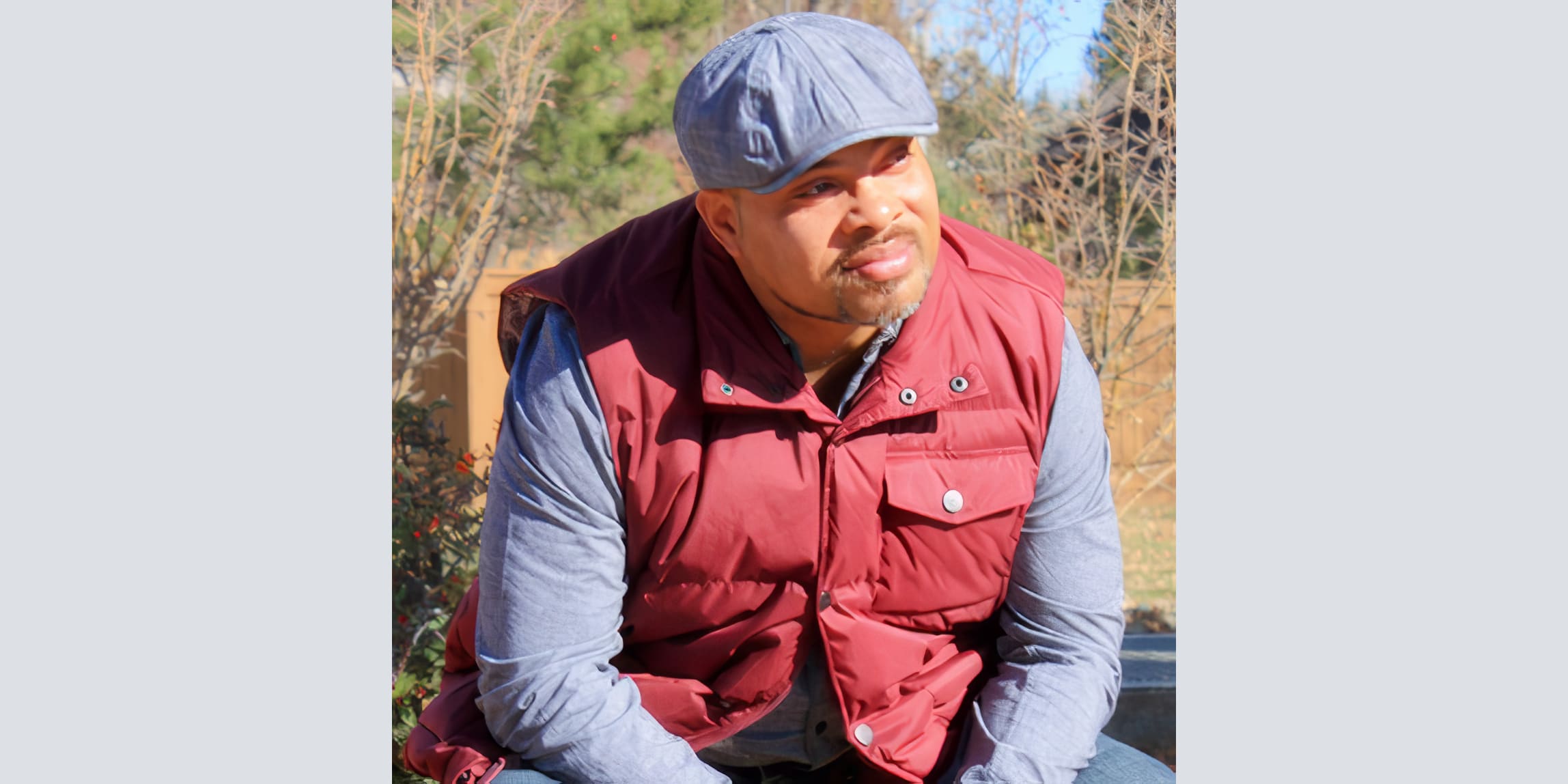
Meet Alton Reynolds: ‘When you’re able to help somebody, that’s satisfying, period’
If RTD’s outreach coordinator for individuals experiencing homelessness looks familiar to the agency’s customers, that’s because they may have seen him before: on Route 15, on the 16, the 0, the 42. For the past five years, Alton L. Reynolds Jr. has shared his warm countenance and calm demeanor with the public while working as a bus operator. In his new role – which has Reynolds working directly with unhoused individuals and liaising with the community organizations that serve them – he brings more than 20 years of counseling experience to bear.
Reynolds realized he was uniquely suited for the job as soon as he learned of it. As an operator, he said, he often served as the “world’s quickest counselor” for customers who wanted to talk with him while riding his vehicle. Good bus operators, he said, care for their passengers and do more than deliver them to their destinations: “When people get on, they know you have their best interests at heart.” Reynolds had developed a familiarity with who boarded his bus at certain stops, as well as where they were going and what they needed.
Prior to joining RTD, Reynolds held leadership positions with nonprofits that included Third Way Center, a Denver-based organization that assists adolescents and their families who are high risk, mentally ill, disadvantaged and often unhoused. He enjoyed his work with teenagers, noting that “they are very blunt and honest about what they think about you.”
Reynolds earned a bachelor’s degree in psychology from Fayetteville State University in North Carolina, moving ahead with an interest in human experience that began at an early age. He is currently pursuing a master’s degree in counseling from the University of Phoenix. Going back at least to high school, Reynolds said, he realized he was approachable, easygoing and loath to judge others.
“I really like this helping out thing,” Reynolds said. “I may not have all the answers, but I want to help.”
Across any kind of work one can do, he added, “when you’re able to help somebody, and you can see that flicker of hope light up in someone, that’s satisfying, period. It doesn’t matter who you are. If you are there to help somebody and you are trying to do it from your heart, that’s the biggest thing you can do for anybody. Somebody is going to have another chance at hope.”
Through outreach and work with organizations across the Denver metro region, Reynolds will serve as RTD’s community liaison, gathering input and providing feedback for how the agency’s transit services can improve connections for people experiencing homelessness and those in poverty. The information he provides will strengthen RTD’s understanding of how its service planning decisions affects individuals in these groups.
Reynolds will work most closely with RTD's Transit Police division and the agency's mental health clinicians. RTD has contracted with the Jefferson Center for Mental Health to fund the position for one year, with an option to extend it for another year as funding allows. The position is grant-funded.
As an operator, Reynolds said, he often considered the most suitable way to help unhoused customers who may not have known where they were going. He thought about their “endpoint” and what he could do to ensure their safety.
In his current role, a good outcome can result by telling someone about specific resources an organization can provide, Reynolds said, as well as the name of an individual there standing by to help. He said it is his goal to serve as such a connector as the region’s service providers evaluate the number of unhoused individuals, how many of them want services, and how such information affects the region’s transportation needs, community organizations and social systems.
The goal is to connect these disparate dots, Reynolds said. They can be “small steps,” he acknowledged, “but we are trying to make large strides.”